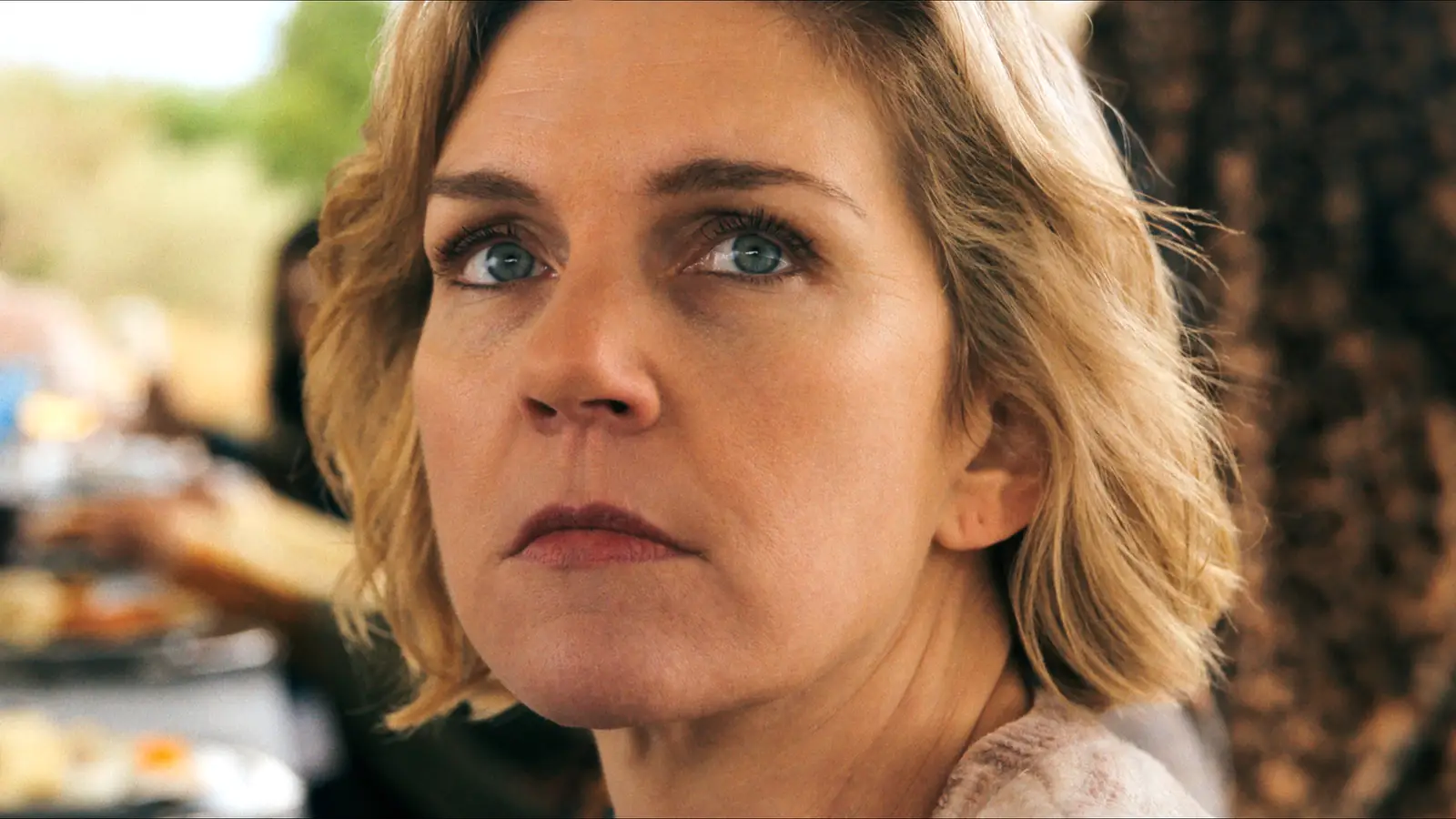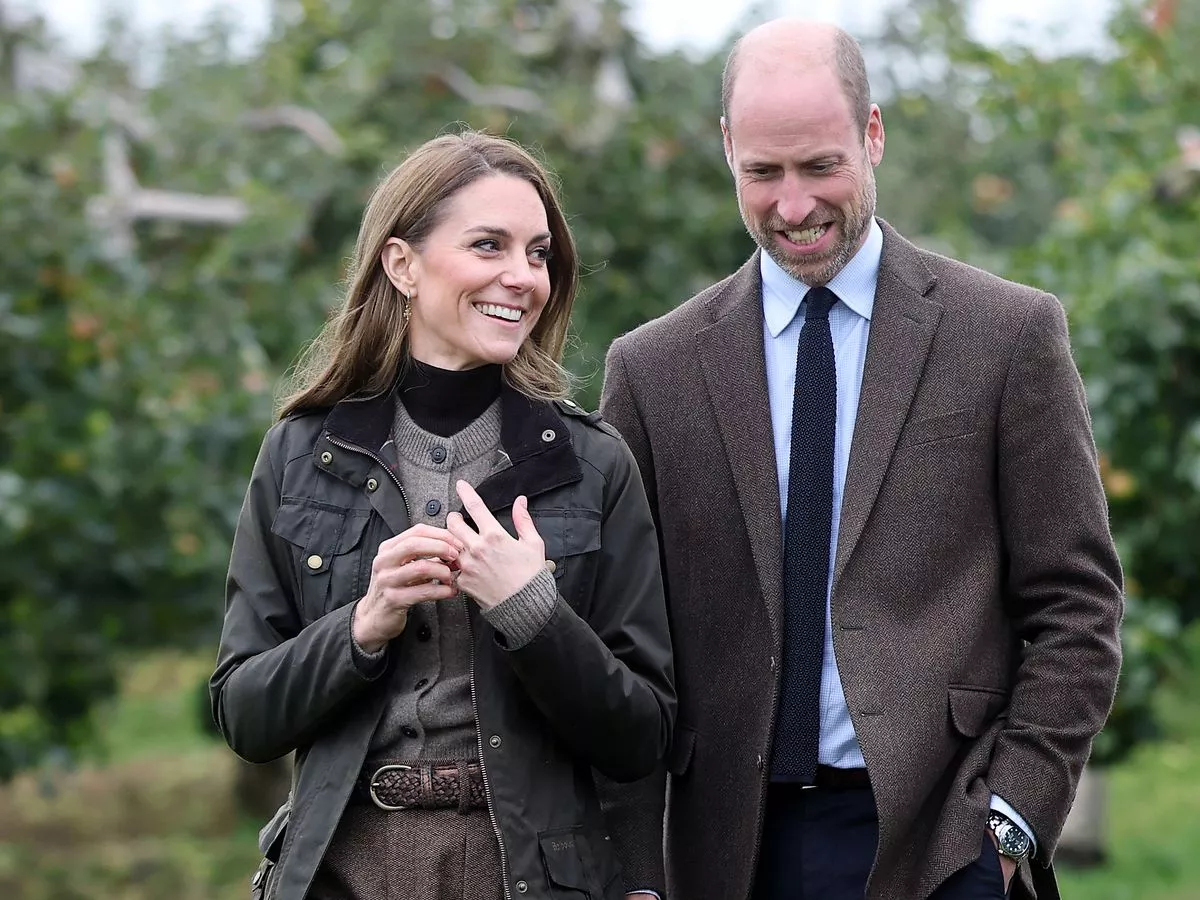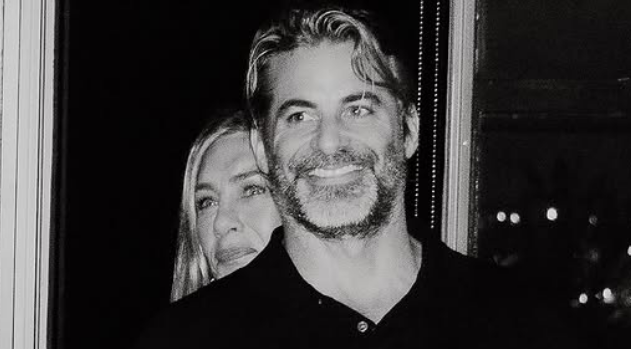Copyright Screen Rant

Vince Gilligan is shaking things up with Apple TV's Pluribus, a sci-fi series that proves to be more timely than he originally intended. The Emmy winner's new series, reuniting him with Better Call Saul's Rhea Seehorn, sees a form of apocalypse spread across the globe as a mysterious virus transforms everyone's mentality into that of tranquility, save for Carol Sturka, a historical romance author with an apparent immunity. With the series right around the corner from premiering, ScreenRant's Graeme Guttman interviewed Vince Gilligan for an in-depth Pluribus cover story. In looking at the way the creator explores the post-apocalypse through the lens of someone who prefers a more emotional existence over one of peace, he says it's part of his goal for the series, which is to get audiences talking about our current media landscape and impact on our lives: TV is just TV — it's not a cure for cancer, never was, never will be. But I'd love to think that people will watch this show and think to themselves, "I don't necessarily want to live in that world, or maybe I do." We work really hard to make this a different kind of apocalypse. Gilligan went on to share how Pluribus' apocalypse is different from the likes of The Walking Dead universe, in which "you don't want to be a zombie", and therefore everyone works to ensure they don't succumb to the walker infection. For his Apple TV sci-fi series, however, the Emmy winner wants people to question the positive elements of joining the masses affected: Would this be so bad in some sense? Could it not be paradise? And that’s completely up to the viewer to decide for themselves. I’m not telling anybody how to parse that. But I’d like to think people could watch this and say to themselves, maybe there is another way other than what we got going on in America right now. Between its explorations of modern mental health and a global epidemic, Pluribus does find itself feeling like the most timely series from Gilligan yet, which he didn't necessarily intend for when writing the show. Feeling that "some of it was luck" and some if it was "feeling what's happened in the last however-many years of America", he found himself drawn to exploring how the country and world is "becoming more factionalized". Seehorn similarly found that Pluribus looks to pose "big, big questions" to audiences, including the likes of "What does loving one another really mean?", as well as "what's good for one versus what's good for all?", "What does success really mean?" and "What is it that we strive for in life?". However, the Emmy-nominated star says the show won't necessarily answer those questions right away, but instead is meant to "inspire conversations in general". See the rest of what Seehorn shared below: One of the things Vince does so well and always has is, at any given time, you can often understand both sides of the debate in the scene. The questions he’s raising are about all human nature, and they aren’t, by design, topical. But we’re reflecting right now on what does individual liberty and unique thought mean, and how you can feel like you’re on an island. There’s big, universal questions in this that I love. What does happiness really mean? What does it mean to be content? Pluribus' release comes in the midst of numerous genre streaming projects finding themselves serving as thematic mirrors to the current social climate. Prime Video's The Boys started as a biting takedown of the modern superhero media landscape before becoming a scary political warning, while Apple TV's Severance is a chilling look at corporate capitalism, and HBO's The White Lotus and Netflix's Squid Game all highlight the danger of class divide. As evidenced by his comments, Gilligan has taken a similarly balanced approach in building out the world of Pluribus, albeit one more akin to the likes of Netflix's Sweet Tooth and HBO's The Last of Us. In reflecting on the impact of a worldwide virus, albeit through a more high-concept lens, the Emmy winner looks to be pushing himself in new creative ways by asking big questions that prove relevant, even if timelier than he anticipated. What's now the point of curiosity, however, is how said timely topics will continue into Pluribus' future. The show has already been greenlit for season 2, and Gilligan has confirmed having a roadmap of where the show will end, but with his flexibility in his storytelling evident in both the Breaking Bad and Better Call Saul runs, he may find himself tweaking his plans to continue this timely thread.



